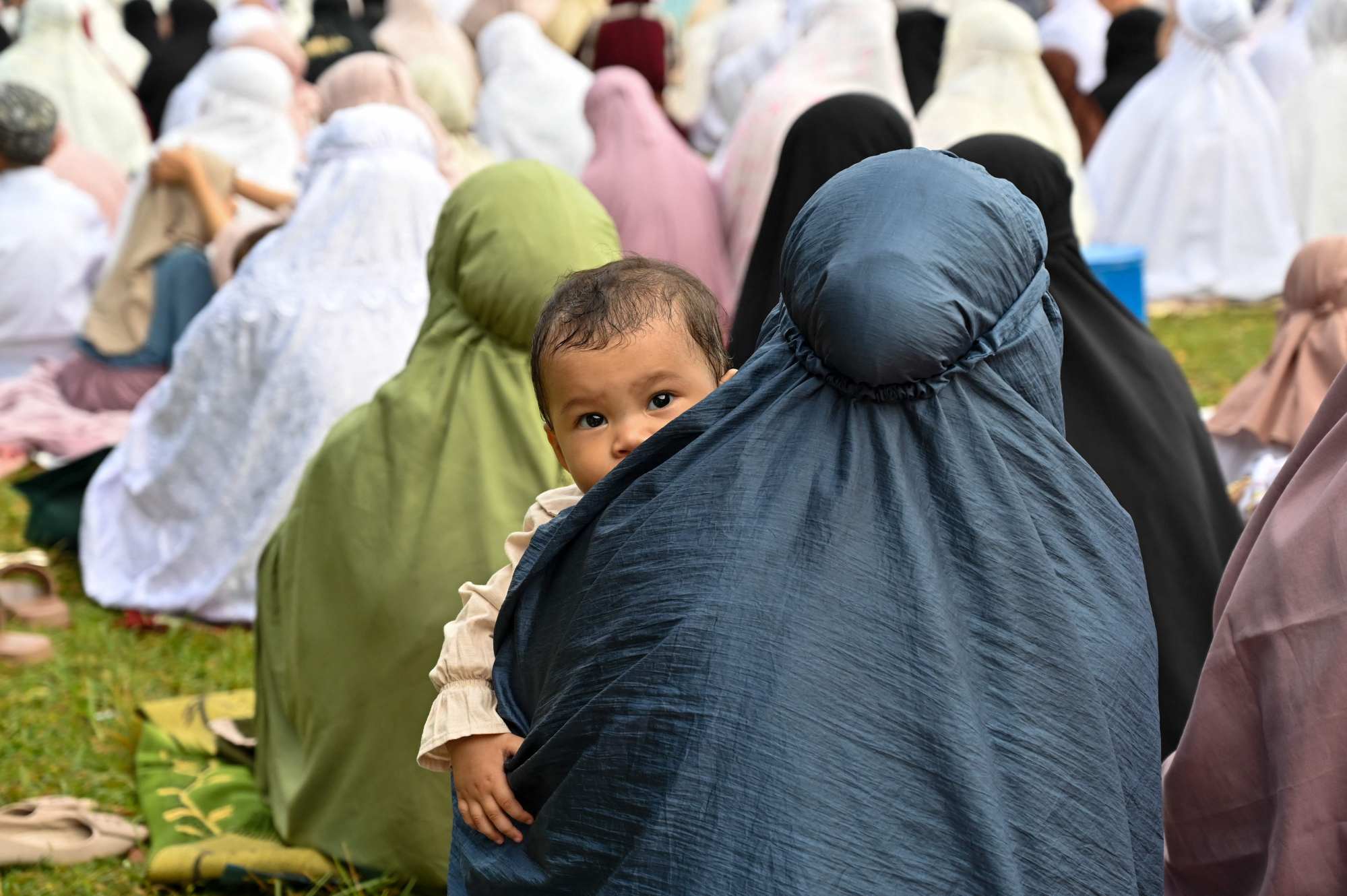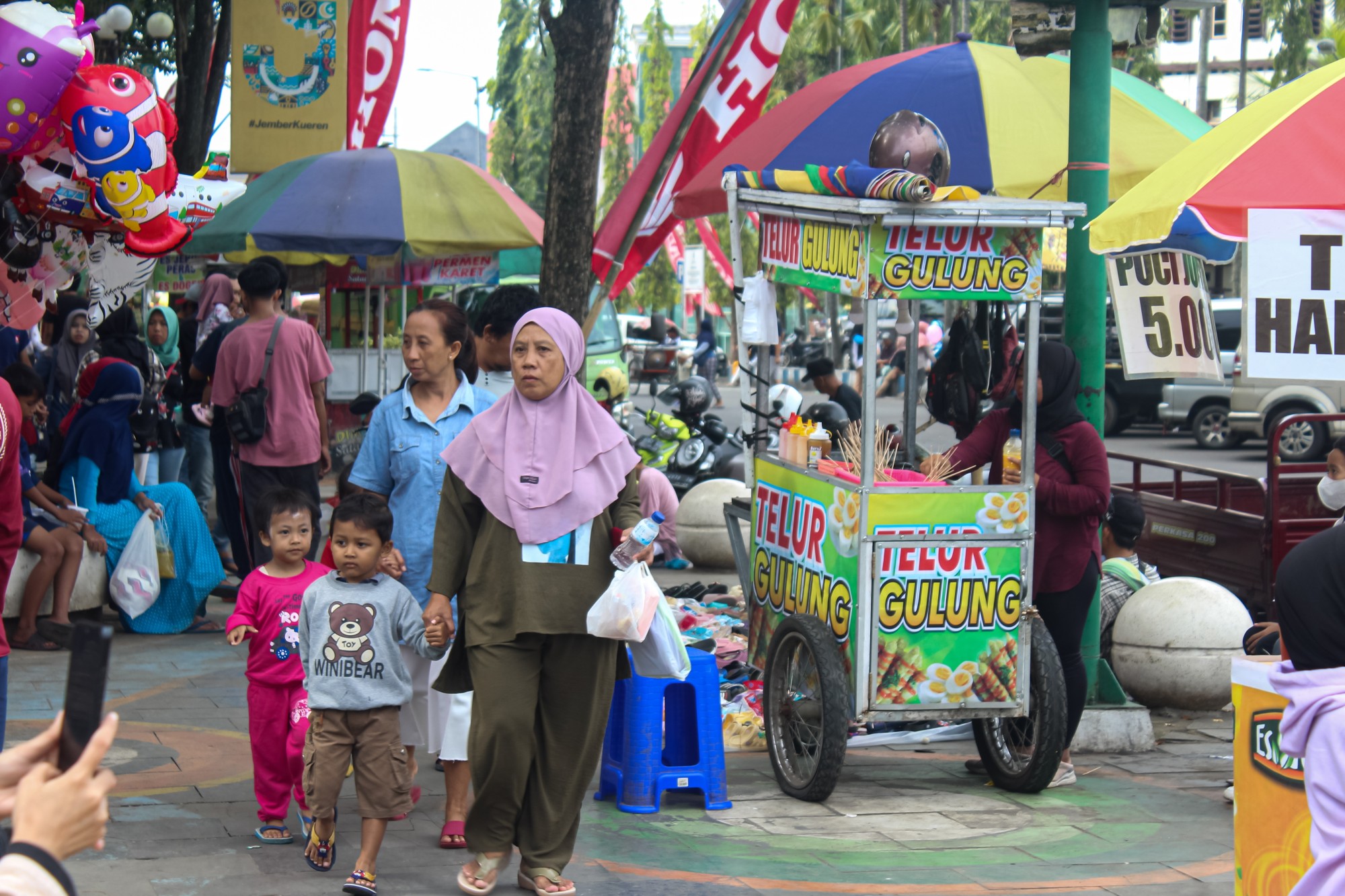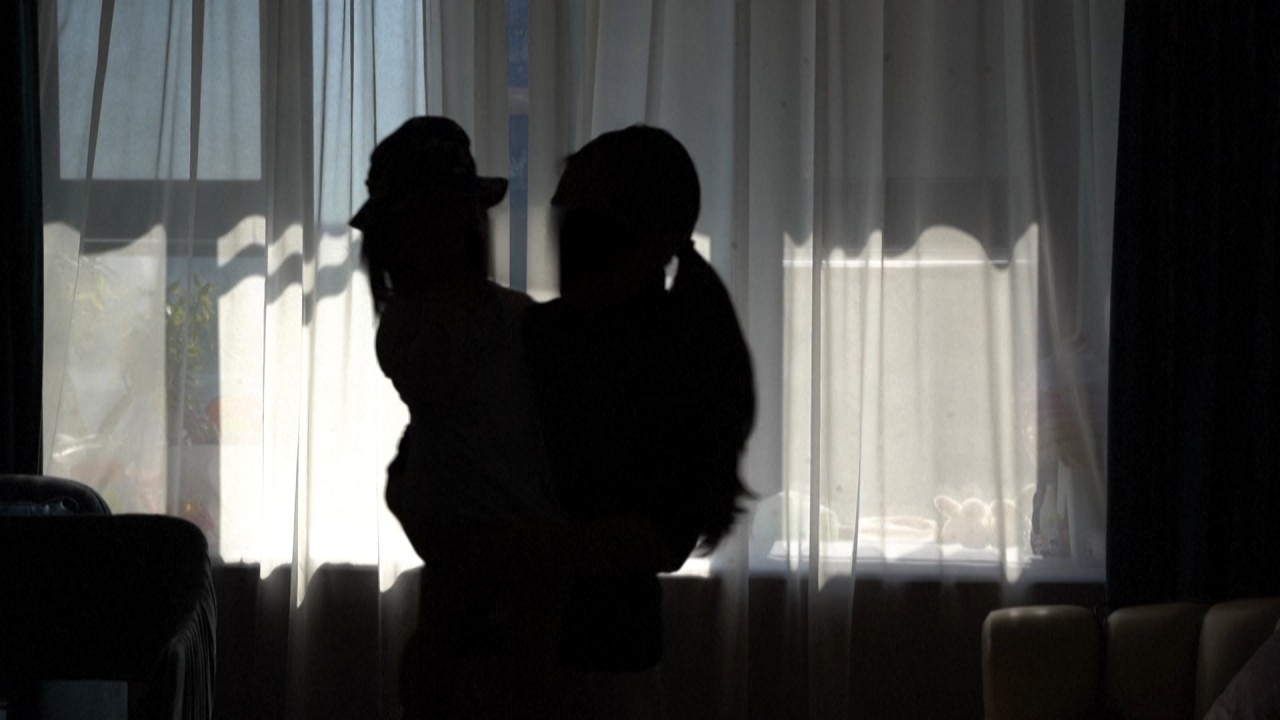
Indonesia influencer Denise Chariesta’s pregnancy plea highlights deep stigma unwed mothers face
- The unmarried 31-year-old, a Christian in the predominantly Muslim nation, quoted the Bible when asking for donations towards her medical care
- Her posts sparked a debate on pregnancy outside marriage, as millions of Indonesian births go unregistered due to concerns about prejudice
Apparently short of cash, the 31-year-old, who identifies as a Christian, appealed to supporters this month to give what they could, quoting a Biblical passage from the Gospel of John that exhorts Christians to help those in need.
“I need all of [my fans] to chip in, especially those who like to make nasty comments. Your generosity will make up for your rudeness,” she wrote on Instagram in early July.
Her forthright words aside, there was another point of contention as far as many Indonesians were concerned: Chariesta is unmarried, and getting pregnant outside of wedlock is still taboo in Indonesia.
How dare she quote the Bible … when having premarital sex is obviously forbidden by the same book?
“Why would you air your own dirty laundry like this, since you are unwed?” said one follower, Zeeyra Wowor.
Siska Tobing, 34, a Christian resident of Surabaya, took umbrage at what she saw as Chariesta’s levity with the scriptures, which she said brought shame on all in her faith.
“How dare she quote the Bible, trying to make people feel guilty if they didn’t help her, when having premarital sex is obviously forbidden by the same book?”
Others were incredulous that Chariesta, a celebrity with multiple businesses, who parades a glamorous life to her 705,000 followers across various platforms, would beg for money.
“You asked for donations so you can have your baby with the best [private] medical care, and yet those you expect to give probably use BPJS [Indonesia’s state-funded healthcare system] at no cost,” said Instagram user Helena Kiran.
There were more than 23,000 children born out of wedlock in the Indonesia last year, according to official figures cited by Coordinating Minister for Human Development and Cultural Affairs Muhadjir Effendy – likely a fraction of the real number in a country with more than 270 million people.
Although unwed mothers face no legal penalty from the state and are still entitled to healthcare and other government services, ostracism by society – especially in poorer, more conservative parts of the country – is often the reality.

Hidden lives, real outcomes
Susi Trisila, a Surabaya-based mother who was unmarried and pregnant in the 2010s, said she chose to hide her pregnancy from her extended family for fear of rejection and stigma.
“My father’s small business relied on the business connections from my other relatives, so the danger of suffering a financial catastrophe was considerable,” she said.
But privileged Indonesians like Chariesta usually fare better than most women who fall pregnant out of wedlock, Susi said. “She is a celebrity who has influence and no doubt the earning power. That makes all the difference.”
Susi said her family, mortified by her pregnancy and the fact she had no husband, asked her to carry the baby to term in another town, simply to avoid gossip.
She spent the next year there lying low before daring to show her face in her hometown again. “Even then, I had to make up excuses like how my husband had died, leaving me with a child,” she said.
But Susi said she tripped up when it came to registering her son’s birth. “I couldn’t produce proof of any marriage, so on my child’s birth certificate the father’s name was left blank.”
Registry offices in Indonesia ask for marriage certificates but if that is not forthcoming a child is recorded as anak di luar nikah (born outside marriage). That can have social consequences later, with the illegitimate nature of the birth made plain to anyone viewing the person’s birth certificate.
But at least the authorities were told about Susi’s little boy. Many women whose babies are born outside of wedlock do not even register the births to avoid social stigma, especially in rural areas. In 2020, the Ministry of Home Affairs estimated that there were around 5 million Indonesian children without birth certificates.
Not having the vital document means they are denied essential government services, including health subsidies and education.

The issue is perhaps even more keenly felt for Muslim Indonesians, who are governed by Islamic inheritance by-laws.
Islamic law does not recognise the legal rights of so-called illegitimate offspring to inherit from their biological father’s side of the family.
Islamic legal expert Eka Sihombing said the same principles were also embodied in Indonesia’s 1974 Marriage Act, until the Constitutional Court in 2012 handed down a landmark decision affirming the legal rights of all children, of all faiths, who are born outside of wedlock – provided their paternity can be proven.
“Until then [2012], Muslim men who shunned their paternal responsibilities always had the upper hand, but no longer. Now their ‘haram’ [illegal] children can claim child support.”
DNA tests are not common, though, as they are expensive.
Susi, who is a Christian, claimed that even for non-Muslims, the stigma and “society judgment” was usually more than enough to stifle the lives of unwed mothers and their children. “It’s not just neighbours and their disapproval, but you can feel it from your own relatives. It’s as if your mere presence can pollute them.”
She said that while her son was growing up, she sometimes received odd looks from teachers at his school when they found out he was illegitimate. “It’s tougher on the kids in the long run. It puts them at a disadvantage early on in life.”

Pay to name?
Chariesta, on the other hand, does not seem too concerned about the legal status of her unborn child.
Unwed pregnancy is not the first contentious issue she has waded into since she first shot to fame as an influencer in 2020.
Last year, she confessed online to having an affair with a married man, rumoured to be the husband of a high-profile actress and television presenter.
It was the wife who got in the way, Chariesta claimed, prompting widespread online condemnation of her as a “homewrecker” by social media users.
Social media platforms enable celebrities like Denise to monetise the attention she’s getting
But the influencer has tried her best this time to present a compelling narrative underlying her cash appeal.
Chariesta claimed the ex-lover who is the father of her unborn child had evaded responsibility by casting doubt on the baby’s paternity.
“I was so incensed he had the gall to distrust me. So I told him to stick it and not think of the child as his,” she said.
Oki Rahadianto Sutopo, a sociologist at Yogyakarta’s Gadjah Mada University, said Chariesta’s campaign had everything to do with money, and nothing to do with prodding social change.
“Social media platforms enable celebrities like Denise to monetise the attention she’s getting,” she said.
A week after her bombshell plea, Chariesta advertised for “corporate sponsors” with benefits including naming the baby after their brand of choice, then teaching the newborn to say it as his or her first word.
Seemingly unbowed by all the criticism, she has posted screenshots from her bank account showing thousands of dollars gifted to her by fans.
For those who choose not to send her anything, she has little obvious sympathy.
“Why have some of you left nasty comments instead of sending me money?” Chariesta ranted in one of her latest videos. “It’s not my fault you haven’t got the dough to give me. It’s your own fault you are poor!”


